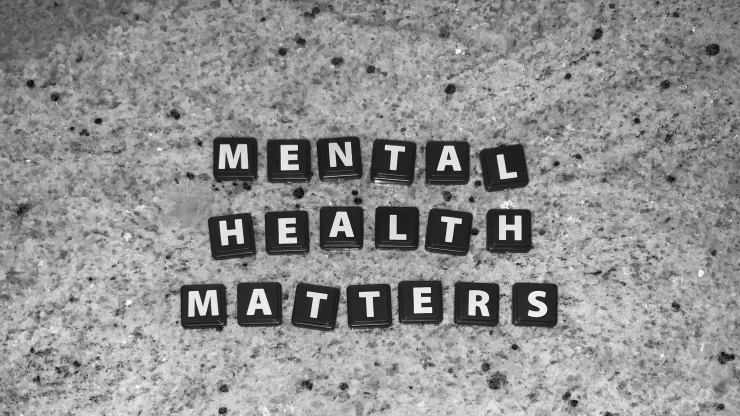The Role of the Workplace in Shaping Your Happiness and Well-being
The workplace is where many of us spend a significant portion of our lives. It’s where we pursue our careers, earn our livelihoods, and build our social networks.
Given how much time we spend at work, it’s no surprise that our workplace has a significant impact on our happiness and well-being.
In this article, we’ll explore the role of the workplace in shaping our happiness and well-being, and discuss strategies for improving workplace satisfaction.
Jump to Section
How Your Work Environment Affects Your Happiness
Your work environment plays a crucial role in shaping your happiness and well-being.
Several factors contribute to a positive work environment, including a supportive manager, a sense of autonomy, a clear sense of purpose, and a comfortable physical workspace.
Conversely, a toxic work environment can lead to stress, burnout, and poor mental and physical health. Some of the ways in which your work environment can affect your happiness include:
- A toxic work environment can lead to stress, burnout, and poor mental and physical health
- A supportive work environment can improve job satisfaction and overall well-being
- A comfortable physical workspace can reduce stress and boost productivity
Building Positive Relationships with Coworkers
Building positive relationships with your coworkers is another essential factor in shaping your happiness and well-being at work. Strong relationships with coworkers can provide a sense of belonging, reduce stress, and improve job satisfaction.
Some of the ways in which you can build positive relationships with your coworkers include:
- Being open and honest in your communication
- Showing empathy and kindness
- Celebrating successes and milestones together
- Supporting each other during challenging times
The Link Between a Healthy Workplace and Well-being
Healthy workplaces are those that prioritize the well-being of their employees. A healthy workplace is one where employees feel valued, supported, and empowered to do their best work.
Some of the benefits of a healthy workplace include:
- Improved mental and physical health
- Reduced absenteeism and staff turnover
- Increased productivity and job satisfaction
- Better employee engagement and retention
Creating a Work-Life Balance That Works for You
Achieving work-life balance is another critical factor in shaping your happiness and well-being. Work-life balance refers to the balance between the demands of work and the demands of personal life. Some of the strategies for creating a work-life balance that works for you include:
- Setting clear boundaries between work and personal time
- Prioritizing self-care activities like exercise, hobbies, and socializing
- Learning to say no to unreasonable work demands
- Seeking support from friends, family, and coworkers
Strategies for Improving Workplace Satisfaction
Improving workplace satisfaction can be challenging, but there are several strategies you can use to improve your happiness and well-being at work. Some of these strategies include:
- Seeking out opportunities for professional development and growth
- Advocating for yourself and your needs at work
- Finding ways to make your work more meaningful and purposeful
- Taking regular breaks throughout the day to recharge and refresh
FAQ
How can I improve my relationship with my boss?
Improving your relationship with your boss requires open and honest communication. Schedule regular check-ins with your boss to discuss your goals, challenges, and progress.
Be proactive in seeking feedback and asking for support when you need it. Finally, be respectful and empathetic in your interactions with your boss.
How can I deal with a toxic work environment?
Dealing with a toxic work environment can be challenging, but there are several strategies you can use to protect your well-being.
These include seeking support from friends, family, or a therapist, setting clear boundaries between work and personal life, and advocating for yourself and your needs at work.
If the toxic environment persists, consider looking for a new job or speaking to HR about the situation.
What should I do if I feel burned out at work?
If you feel burned out at work, it’s essential to take steps to protect your well-being.
This may include taking time off work, seeking support from friends or a therapist, and re-evaluating your priorities and goals.
Consider speaking to your manager about your workload and how you can make changes to reduce stress and improve your work-life balance.

With a deep passion for personal development, Ben has dedicated his career to inspiring and guiding others on their journey towards self-improvement.
His love for learning and sharing knowledge about personal growth strategies, mindfulness, and goal-setting principles has led him to create My Virtual Life Coach.
Contact Ben at [email protected] for assistance.




